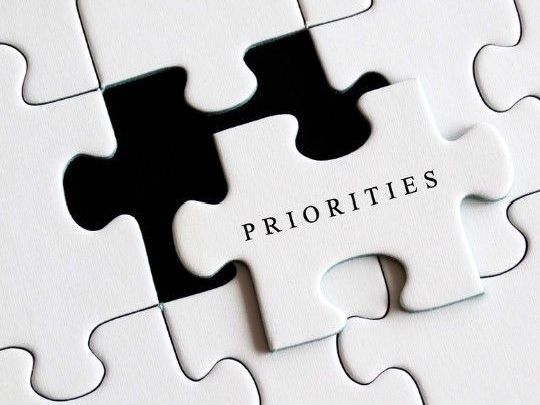Blog






ARCHIVE










This information is not intended to be a substitute for seeking legal advice from an attorney. For legal or tax advice please seek the services of a qualified attorney and/or qualified tax professional.






ARCHIVE










This information is not intended to be a substitute for seeking legal advice from an attorney. For legal or tax advice please seek the services of a qualified attorney and/or qualified tax professional.
Hurry, only 5 sessions available each month
4811 S. 76th St., Ste 400 Greenfield, WI 53220
Text/Office: (414) 533-5353
Hours: By Appointment
Disclosure
Jodie Lane is an Independent Wealth Advisor and a Certified Divorce Financial Analyst®; however, such registration does not imply a certain level of skill or training and no inference to the contrary should be made. The information presented is for informational purposes only, does not intend to make an offer or solicitation for the sale or purchase of any securities, and should not be considered investment advice. Jodie Lane has not taken into account the investment objectives, financial situation, or particular needs of any individual investor. There is a risk of loss from an investment in securities, including the risk of loss of principal. Different types of investments involve varying degrees of risk, and there can be no assurance that any specific investment will be profitable or suitable for a particular investor's financial situation or risk tolerance. Asset allocation and portfolio diversification cannot assure or guarantee better performance and cannot eliminate the risk of investment losses. Be sure to first consult with a qualified financial advisor and/or tax professional before implementing any strategy discussed here. Past performance is not indicative of future results. Investments involve risk, including loss of principal and unless otherwise stated, are not guaranteed. The information provided reflects Jodie Lane's views as of certain time periods, such views are subject to change at any point without notice.
Our Privacy Policy
Pathway Divorce Solutions provides informational articles not intended to be used as the sole basis for financial decisions, nor should it be construed as advice designed to meet the particular needs of an individual's situation. Pathway Divorce Solutions is not responsible for the consequences of any decisions or actions taken as a result of information provided in these articles and does not warrant or guarantee the accuracy or completeness of the information requested or displayed. External Links are not affiliated with Pathway Divorce Solutions.
All Rights Reserved | Pathway Divorce Solutions